Genetics
-
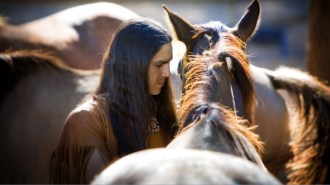 Anthropology
AnthropologyNative Americans corralled Spanish horses decades before Europeans arrived
Great Plains groups incorporated domestic horses into their cultures by the early 1600s, before Europeans moved north from Mexico.
By Bruce Bower -
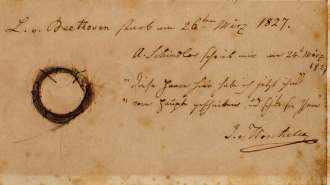 Genetics
GeneticsDNA from Beethoven’s hair hints at what killed the composer
Many historians suspect Beethoven died from liver failure. A new analysis shows he had a heightened genetic risk for liver disease, researchers say.
By Freda Kreier -
 Genetics
GeneticsWhy experts recommend ditching racial labels in genetic studies
Racial labels don’t explain biological and genetic diversity but do cause stigma. They belong “in the dustbin of history,” a panel of experts says.
-
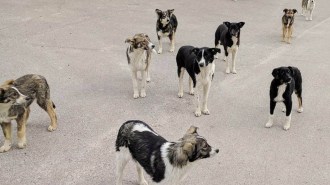 Animals
AnimalsWhat the first look at the genetics of Chernobyl’s dogs revealed
Dogs living in the Chernobyl Nuclear Power Plant industrial area are genetically distinct from other dogs, but scientists don’t yet know if radiation is the reason.
By Meghan Rosen -
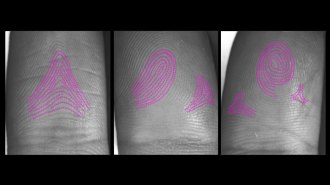 Health & Medicine
Health & MedicineHow fingerprints form was a mystery — until now
A theory proposed by British mathematician Alan Turing in the 1950s helps explain how fingerprint patterns such as arches and whorls arise.
-
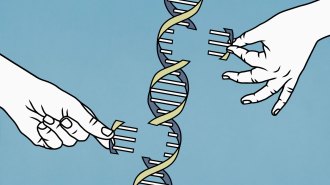 Genetics
Genetics50 years ago, scientists sequenced a gene for the first time
Within five decades, scientists went from sequencing a single gene to sequencing the entire human genome.
-
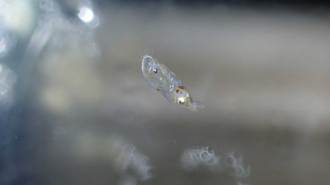 Life
LifeSquid edit their RNA to keep cellular supply lines moving in the cold
Squid change their RNA more often in the cold, producing motor proteins that keep cellular cargo on track.
-
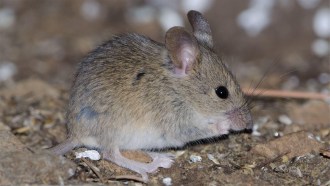 Animals
AnimalsA natural gene drive could steer invasive rodents on islands to extinction
A few genetic tweaks to a readily passed-on chunk of DNA could sterilize a mouse population, eliminating them in as little as 25 years.
-
 Health & Medicine
Health & MedicineDNA is providing new clues to why COVID-19 hits people differently
Age, general health and vaccinations can affect how sick people get with COVID-19. So can genes. Here are new hints of what’s going on in our DNA.
-
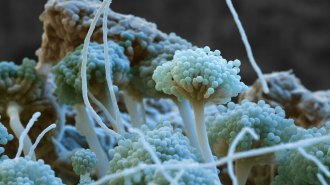 Microbes
MicrobesHow fungi make potent toxins that can contaminate food
Genetically engineering Aspergillus fungi to delete certain proteins stops the production of mycotoxins that can be dangerous to human health.
-
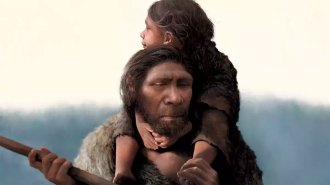 Genetics
GeneticsAncient DNA unveils Siberian Neandertals’ small-scale social lives
Females often moved into their mate’s communities, which totaled about 20 individuals, researchers say.
By Bruce Bower -
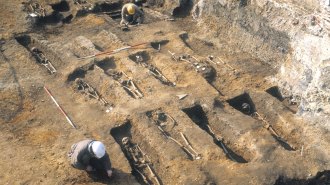 Genetics
GeneticsBlack Death immunity came at a cost to modern-day health
A genetic variant that boosts Crohn’s disease risk may have helped people survive the 14th century bubonic plague known as the Black Death.
By Wynne Parry